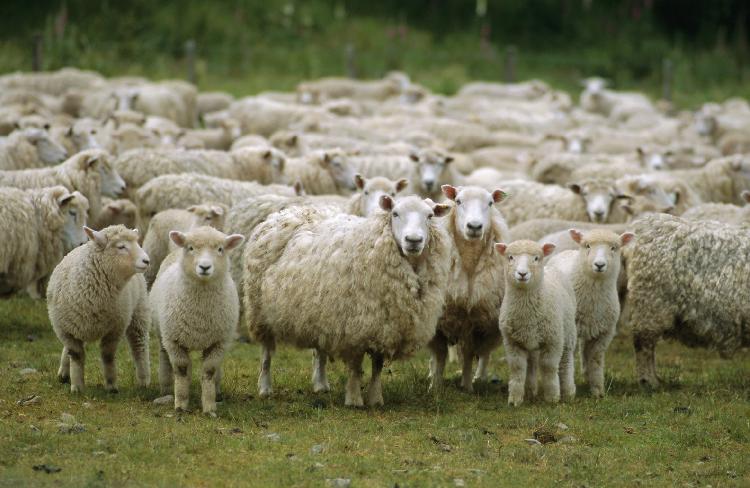
Kingdom imports 3 million sheep and camels for Haj
Saudi importers of cattle said the Haj season this year will not see an increase in the price of livestock due to the stability of the local market and the available supply.
There are also guarantees from exporting countries that required quantities are available.
Fahd Al-Salmi, one of the largest importers of cattle in the local market, said more than 3 million sheep and camels will be imported during the Haj and Eid Al-Adha season, with the majority being sheep due to the preferences of pilgrims.
He said the Islamic Development Bank (IDB) imports nearly 1 million head of livestock, while local importers bring in another 2 million. These numbers cover the demand during Haj and create price stability in the market.
He said exporting countries, such as Sudan, Somalia and Djibouti, guarantee that supply is available to meet the demand during Haj and that there are no problems or shortages.
Most pilgrims prefer barbary sheep, a larger breed that costs only about SR500 per animal.
“The local market also has enough strategic reserves in local farms, including Al-Hari, Al-Najdi and Al-Rafeedi breeds, and there will be no increase in prices,” Al-Salmi said.
“Prices of domestic sheep vary between SR1,000 and SR1,700, depending on the size and type,” he said.
Meanwhile, another importer said the Haj season usually saw an increase in demand for livestock, especially imported kinds.
“The Kingdom provides the needed supply during Haj via the IDB’s Adahi program ... This ensures prices and supply are compatible and available for all.”
Mohammed Al-Mateeri said he hoped prices of livestock would remain constant and stable during the Haj season.
“We see an increase in the prices annually during this period, and we hope that the Ministry of Commerce and Industry will monitor the matter and prohibit traders from raising prices dramatically.”



























